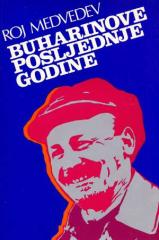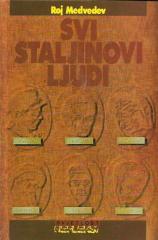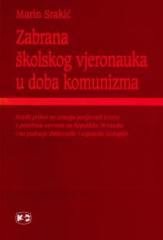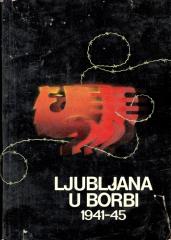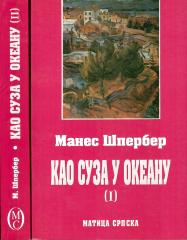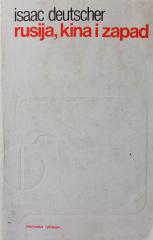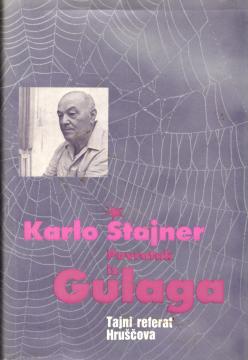
Povratak iz Gulaga: Tajni referat Hruščova
A sequel to his memoir 7000 Days in Siberia, in which he describes his twenty-year imprisonment in Soviet gulags. The book delves into his experiences in the camps, providing additional insights into Steiner's life and reflections on communist ideals.
Steiner, an Austrian communist, came to the USSR in 1932, believing in a socialist paradise. In 1936, during Stalin's purges, he was arrested under the false accusation of being a "Gestapo agent". In the book, he describes the brutal conditions of the camp, from the Solovetsky Islands to Siberia, and the strategies for survival. He records in detail the daily life of the camp: work in extreme conditions, hunger, fear, but also small moments of solidarity. He particularly emphasizes the role of his wife, Sonya, who faithfully waited for him.
The book also deals with Steiner's encounters with people who participated in the atrocities, but also became victims themselves. It explores the moral issues of communism, especially after Khrushchev's report on Stalin's cult of personality. Despite his suffering, Steiner remains faithful to communist ideals, which distinguishes him from authors like Solzhenitsyn, whose anti-communism he despises.
Return from the Gulag is a testimony to the resilience of the spirit, but also a warning about the dangers of totalitarianism.
Two copies are available
